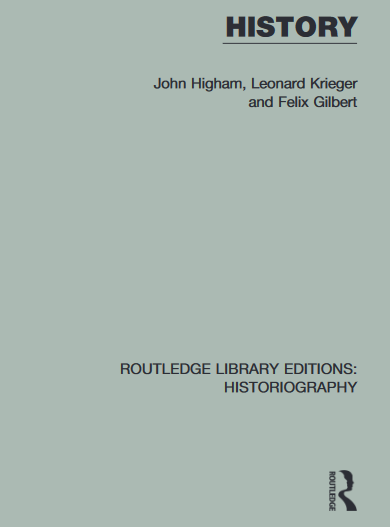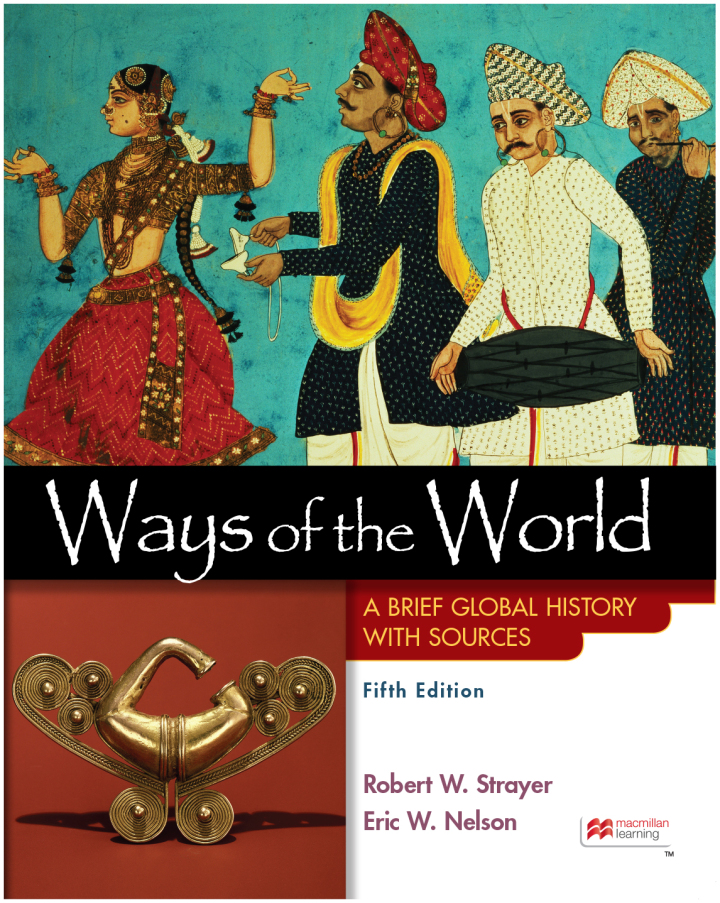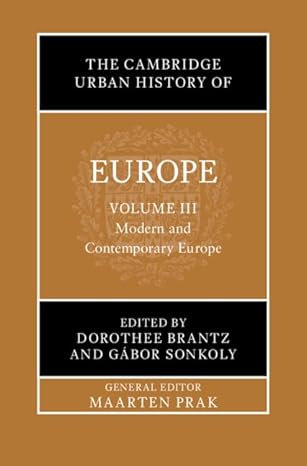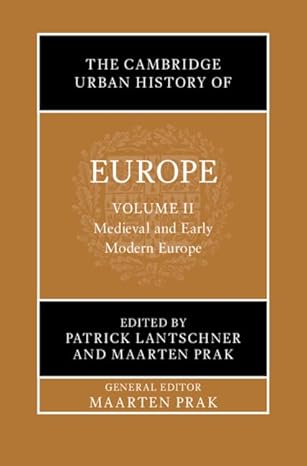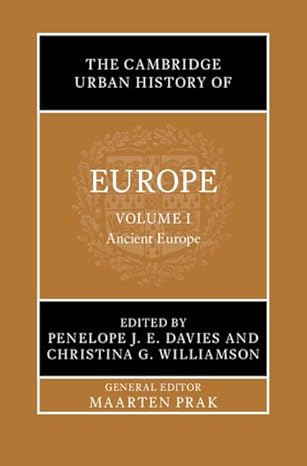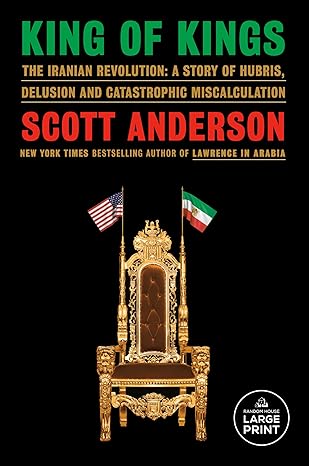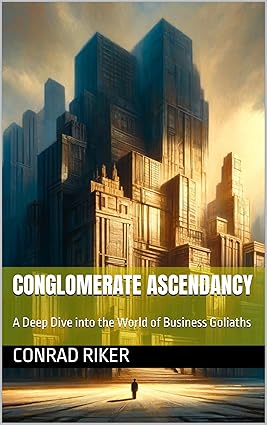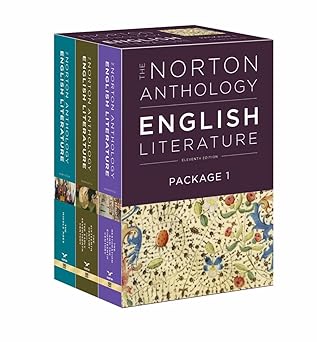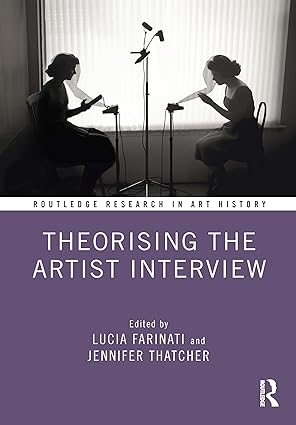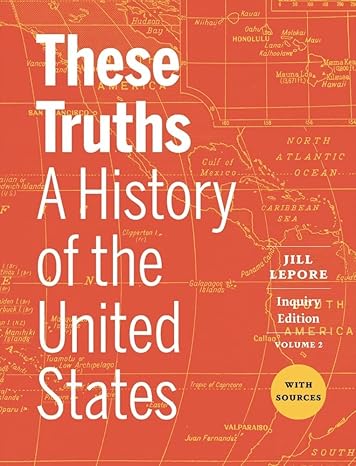Two signal developments in higher education made this possible. First, the breakdown of the old classical curriculum and the rise of the elective system created a new need for college teachers of history. College curriculums until the r87o's had room for very few history courses, and these were generally taught by professors primarily in- terested in the classics or in philosophy. As late as r884 the four hun- dred American institutions of higher education had about twenty full-time teachers of history. At Princeton the sole professor of his- tory also taught political science.2 A decade later nearly a hundred college teachers devoted full time to history, and the demand was growing steadily. 3 Meanwhile the modern university, conceived as a center for research and graduate training, became at last, after many abortive antebellum attempts, the capstone of the educational sys- tem. The opening of The Johns Hopkins University in r876 and the transformation of Harvard during the same decade pointed the way. The university supplied an institutional setting for professional schol- arship, and, by the requirements for its Ph.D. degree, transmitted an incentive for research to the college teachers whom it trained. The professional historian materialized in the guise of a teacher-specialist. After a long intervening period of free-lance scholarship, historians again became, as they had been in Puritan New England, servants of an institution. Although the university provided a new institutional basis for historical scholarship, it could not alone supply the discipline and es- prit de corps a profession requires. A profession is, among other 2 Charles W. Eliot, Educational Reform: Essays and Addresses ( 1909), pp. 105- 106; G. Stanley Hall, ed., Methods of Teaching and Studying History ( r886), pp. 49-50; J. F. Jameson, "The American Historical Association, r884-1909,"American Historical Review, XV ( 1909), 2. 3 J. F. Jameson, "The American Historical Review, r895-1920," American His- torical Review, XXVI ( 1920), 2. 4 THE HISTORICAL PROFESSION things, a body of individuals with a particular skill, who by coopera- tive action establish and maintain their own standards of achieve- ment instead of obeying some external authority. While universities furnished professional training and opportunity, the new type of scholar also needed his own nationwide organization for the promo- tion of his collective interests and the regulation of his work. This he secured through the American Historical Association, founded in r884. The reciprocal relations between this emerging Association and the existing world of amateur scholarship constitute the central theme in the formation of a historical profession. ' FORMATIVE YEARS It is clear in retrospect that amateur and professional historians op- erate very differently, and that the shift from one kind of leadership to the other has not been all clear gain. The most conspicuous advan- tage of professionalism inhered in the coordination of many individ- uals' efforts. "Scholars and students can no longer afford to live in isolation," insisted the chairman at the organizing session of the American Historical Association. 1 By working together, professionals pooled their know ledge and collaborated with more or less success in assembling materials, facilitating research, organizing collective projects, disseminating ideas, criticizing results, and multiplying the number of historians. One result was an enormous quantitative in- crease in sound historical writing. Moreover, the professional spirit of coordination required, in theory at least, that every individual in- vestigation should reach outward toward a larger organization of historical knowledge; every local inquiry should relate itself to a gen- eral pattern of development. Thus the professional made war on the disconnected nature of amateur scholarship. A cooperative ethic had, however, the disadvantage of putting more emphasis on attainment of a general level of competence than on the creation of unique achievements. The cultivation of talent discouraged to some degree a quest for genius. One of the founders of the American Historical Association, ]. Franklin Jameson, grasped very early the nature of the choice that was being made, and accepted it. "Now it is the spread of thoroughly good second-class work," he wrote in r89r, " ... that our science most needs at pres- ent; for it sorely needs that improvement in technical process, that superior finish of workmanship, which a large number of works of talent can do more to foster than a few works of literary genius." 2 The standards of craftsmanship for which Jameson spoke took on I Quoted in David D. Van Tassel, "The American Historical Association and the South, r884-1913," Journal of Southern History, XXIII (1957), 466. 2 J. F. Jameson, The History of Historical Writing in America ( 1891), pp. 132- 33· 6 FORMATIVE YEARS such importance in professional eyes that content could easily suffer at the expense of technique. Moreover, the guild-enclosed historian could not escape the standardization of goals and activities that is in- herent in organizational life. In spite of a self-critical spirit built into professional history, the insular and fraternal habits of professional association tended to perpetuate the high level of mediocrity that Jameson regarded as a necessary but temporary stage in preparing the way for truly great and profound work. Perhaps the teaching function of the professional historian also sustained a good-natured tolerance of routine performance. In the protected atmosphere of the classroom a man continually responsible to others younger and less mature than himself does not easily hold to an extravagant and selfish ideal of achievement. The amateur historian, on the other hand, cherished his independ- ence. John Bach McMaster, a self-made historian who secured a pro- fessorship at Pennsylvania because he wrote an outstanding book, a scholar who was notably absent at the founding of the American Historical Association, illustrated the amateur spirit in opposing the Carnegie plan for pensioning retired professors. "I believe that in this and in all professions, as in business, each man should stand on his own basis, and on that alone," McMaster announced in his highly unprofessional way. 3 Similarly, the amateur historian expected his work to survive or perish on its individual merits; he was little con- cerned about its status as a "contribution" to some continuing col- lective inquiry. Having no feeling of corporate identity (except in a local or ethnic sense), the amateur historian did not write primarily for other historians. He chose his subject for its intrinsic interest and wrote either for his own satisfaction or for a public that would ac- cept him on his own terms. He might have too little knowledge and appreciation of technique, but he never had too much.So, in time, many amateur historians grew contemptuous of their professional brethren. "After a while," Theodore Roosevelt recalled, "it dawned on me that all of the conscientious, industrious, pains- taking little pedants, who would have been useful in a rather small way if they had understood their own limitations, had become be- cause of their conceit distinctly noxious. They solemnly believed that if there were only enough of them, and that if they only collected 3 Eric Goldman, john Bach McMaster, American Historian ( 1943), pp. 70-71. 7 THE HISTORICAL PROFESSION enough facts of all kinds and sorts, there would cease to be any need hereafter for great writers, great thinkers.
چکیده فارسی
دو پیشرفت سیگنال در آموزش عالی این امکان را فراهم کرد. اول، فروپاشی برنامه درسی کلاسیک قدیمی و ظهور سیستم انتخابی نیاز جدیدی به معلمان تاریخ کالج ایجاد کرد. برنامههای درسی کالج تا R87o برای دورههای تاریخ بسیار کمی جای داشت و این دورهها عموماً توسط اساتیدی که عمدتاً به کلاسیک یا فلسفه علاقه داشتند تدریس میشد. در اواخر سال 884، چهارصد مؤسسه آموزش عالی آمریکایی حدود بیست معلم تاریخ تمام وقت داشتند. در پرینستون، تنها استاد تاریخ نیز علوم سیاسی تدریس می کرد. یک دهه بعد، نزدیک به صد معلم کالج تمام وقت خود را به تاریخ اختصاص دادند و تقاضا به طور پیوسته در حال افزایش بود. 3 در همین حال، دانشگاه مدرن، که به عنوان مرکزی برای تحقیقات و آموزش فارغ التحصیلان در نظر گرفته شده بود، سرانجام پس از بسیاری از تلاشهای ضدسرطانی نافرجام، به سنگ بنای سیستم آموزشی تبدیل شد. افتتاح دانشگاه جانز هاپکینز در r876 و دگرگونی هاروارد در همان دهه راه را نشان داد. دانشگاه یک محیط نهادی را برای بورسیه تحصیلی حرفه ای فراهم کرد و با توجه به شرایط لازم برای دکتری خود. مدرک، انگیزه ای برای تحقیق به معلمان کالج که آنها را آموزش داده بود منتقل کرد. مورخ حرفه ای در کسوت معلم-متخصص تحقق یافت. پس از یک دوره طولانی مدت تحصیل آزاد، مورخان دوباره، همانطور که در نیوانگلند پیوریتان بودند، خدمتگزار یک موسسه شدند. اگرچه دانشگاه پایه نهادی جدیدی را برای مطالعات تاریخی فراهم کرد، اما به تنهایی نمیتوانست رشته و شخصیت مورد نیاز یک حرفه را تامین کند. 2 Charles W. Eliot, Educational Reform: Essays and Addresses (1909), pp. 105-106; جی استنلی هال، ویرایش، روش های تدریس و مطالعه تاریخ (r886)، ص 49-50; J. F. Jameson, "The American Historical Association, r884-1909,"American Historical Review, XV (1909), 2. 3 J. F. Jameson, "The American Historical Review, r895-1920," American His- torical Review, XXVI (1920) , 2. 4 حرفه تاریخی، مجموعه ای از افراد با مهارت خاصی که با اقدام مشترک به جای اطاعت از برخی مقامات خارجی، معیارهای موفقیت خود را ایجاد و حفظ می کنند. درحالیکه دانشگاهها آموزشهای حرفهای و فرصتهایی را فراهم میکردند، نوع جدید محقق نیز به سازمان سراسری خود برای ارتقای منافع جمعی و تنظیم کار خود نیاز داشت. او این را از طریق انجمن تاریخی آمریکا، که در r884 تأسیس شد، تضمین کرد. روابط متقابل بین این انجمن نوظهور و دنیای موجود دانش پژوهی آماتور، موضوع اصلی در شکل گیری یک حرفه تاریخی را تشکیل می دهد. سالهای شکلگیری در گذشته روشن است که مورخان آماتور و حرفهای بسیار متفاوت عمل میکنند، و این که تغییر از یک نوع رهبری به دیگری، همگی دستاورد روشنی نبوده است. بارزترین مزیت حرفه ای بودن در هماهنگی تلاش های بسیاری از افراد به ارث رسیده است. رئیس در جلسه سازماندهی انجمن تاریخ آمریکا تاکید کرد: "دانشجویان و دانشجویان دیگر نمی توانند در انزوا زندگی کنند." 1 با همکاری یکدیگر، متخصصان دانش خود را جمع کردند و با موفقیت کم و بیش در مونتاژ مواد، تسهیل تحقیقات، سازماندهی پروژه های جمعی، انتشار ایده ها، انتقاد از نتایج و افزایش تعداد مورخان همکاری کردند. یکی از نتایج، افزایش کمّی بسیار زیاد در نوشتههای معتبر تاریخی بود. علاوه بر این، روحیه هماهنگی حرفه ای، حداقل در تئوری ایجاب می کرد که هر تحقیق فردی باید به سمت سازمان بزرگتری از دانش تاریخی برود. هر تحقیق محلی باید خود را به یک الگوی عمومی توسعه مرتبط کند. بنابراین، حرفهایها با ماهیت بیربط بورس تحصیلی آماتور جنگیدند. با این حال، یک اخلاق تعاونی دارای مضرات تأکید بیشتر بر دستیابی به یک سطح کلی از شایستگی نسبت به ایجاد دستاوردهای منحصر به فرد بود. پرورش استعداد تا حدودی مانع از جستجوی نبوغ شد. یکی از بنیانگذاران انجمن تاریخی آمریکا، ]. فرانکلین جیمسون خیلی زود ماهیت انتخابی را که در حال انجام بود درک کرد و آن را پذیرفت. او در r89r نوشت: «اکنون این گسترش کار درجه دوم کاملاً خوب است، ... که علم ما در حال حاضر به آن بیشتر نیاز دارد؛ زیرا به شدت به آن پیشرفت در فرآیند فنی، آن پایان کار برتر نیاز دارد. که تعداد زیادی از آثار با استعداد می توانند بیشتر از چند اثر نابغه ادبی در پرورش آن نقش داشته باشند.» 2 استانداردهای صنعتگری که جیمسون در مورد آنها صحبت کرد، به نقل از دیوید دی. The History of Historical Writing in America (1891)، صفحات 132-33· 6 سال شکلگیری چنان اهمیتی در چشمهای حرفهای دارد که محتوا میتواند به راحتی به قیمت تکنیک آسیب ببیند. علاوه بر این، مورخ محصور در صنف نمی توانست از استانداردسازی اهداف و فعالیت هایی که در ذات زندگی سازمانی است بگریزد. علیرغم روحیه خودانتقادی که در تاریخ حرفه ای ایجاد شده بود، عادات منزوی و برادرانه انجمن های حرفه ای تمایل به تداوم سطح بالایی از متوسط بودن را داشت که جیمسون آن را مرحله ای ضروری اما موقت در آماده سازی راه برای کار واقعاً بزرگ و عمیق می دانست. شاید کارکرد آموزشی مورخ حرفه ای نیز تحمل خوش اخلاقی را نسبت به عملکرد معمول حفظ کند. در فضای محفوظ کلاس، مردی که دائماً در قبال دیگران جوانتر و کمتر بالغتر از خودش مسئول است، به راحتی به یک ایدهآل اسرافآمیز و خودخواهانه برای موفقیت پایبند نیست. از سوی دیگر، مورخ آماتور، استقلال او را گرامی می داشت. جان باخ مک مستر، مورخ خودساخته ای که به دلیل نوشتن کتابی برجسته، به مقام استادی در پنسیلوانیا دست یافت، محققی که به طور مشخص در تأسیس انجمن تاریخی آمریکا غایب بود، روحیه آماتوری را در مخالفت با طرح کارنگی برای بازنشستگی نشان داد. اساتید بازنشسته مک مستر به شیوه بسیار غیرحرفه ای خود اعلام کرد: "من معتقدم که در این و در همه حرفه ها، مانند تجارت، هر مرد باید بر اساس خود و تنها بر اساس آن بایستد." 3 به طور مشابه، مورخ آماتور انتظار داشت که اثرش بر اساس شایستگی های فردی خود باقی بماند یا از بین برود. او چندان نگران وضعیت آن به عنوان یک "مشارکت" در برخی تحقیقات جمعی مستمر بود. مورخ آماتور که هیچ احساسی از هویت شرکتی ندارد (به جز در معنای محلی یا قومی)، اساساً برای مورخان دیگر ننوشته است. او موضوع خود را به دلیل علاقه ذاتی آن انتخاب کرد و یا برای رضایت خود یا برای مردمی که او را با شرایط خودش می پذیرفتند، نوشت. او ممکن است دانش و درک بسیار کمی از تکنیک داشته باشد، اما هرگز بیش از حد نداشت. بنابراین، با گذشت زمان، بسیاری از مورخان آماتور نسبت به برادران حرفه ای خود تحقیر شدند. تئودور روزولت به یاد میآورد: «پس از مدتی متوجه شدم که همه بچههای با وجدان، سخت کوش و زحمتکش که اگر محدودیتهای خود را درک میکردند، بسیار مفید بودند. - علت غرور آنها کاملاً مضر است.آنها صریحاً معتقد بودند که اگر تعداد آنها به اندازه کافی باشد، و اگر آنها فقط جمع آوری کنند. حقایق کافی از همه نوع و نوع، دیگر نیازی به نویسندگان بزرگ، متفکران بزرگ وجود نخواهد داشت.
ادامه ...
بستن ...
First published in 1965 by Prentice Hall.
Re-issued in 1985 by Garland Publishing, Inc.
This edition first published in 2016
by Routledge
2 Park Square, Milton Park, Abingdon, Oxon OX14 4RN
and by Routledge
711 Third Avenue, New York, NY 10017
Routledge is an imprint of the Taylor & Francis Group, an informa business
© 1965 The Trustees of Princeton University
All rights reserved. No part of this book may be reprinted or reproduced or utilised
in any form or by any electronic, mechanical, or other means, now known or
hereafter invented, including photocopying and recording, or in any information
storage or retrieval system, without permission in writing from the publishers.
Trademark notice: Product or corporate names may be trademarks or registered
trademarks, and are used only for identification and explanation without intent to
infringe.
British Library Cataloguing in Publication Data
A catalogue record for this book is available from the British Library
ISBN: 978-1-138-99958-9 (Set)
ISBN: 978-1-315-63745-7 (Set) (ebk)
ISBN: 978-1-138-64146-4 (Volume 31) (hbk)
ISBN: 978-1-138-64149-5 (Volume 31) (pbk)
ISBN: 978-1-315-63046-5 (Volume 31) (ebk)
Publisher’s Note
The publisher has gone to great lengths to ensure the quality of this reprint but
points out that some imperfections in the original copies may be apparent.
Disclaimer
The publisher has made every effort to trace copyright holders and would welcome
correspondence from those they have been unable to trace.
ادامه ...
بستن ...
